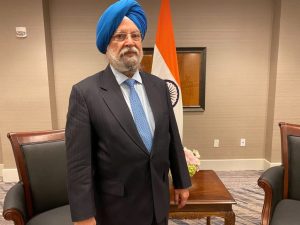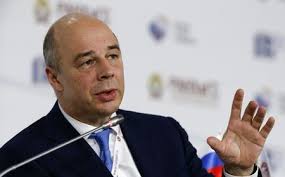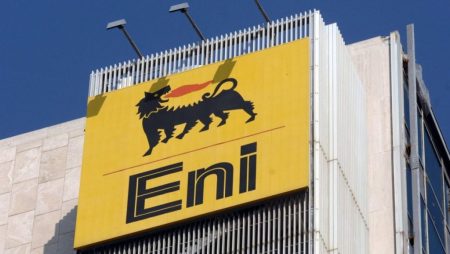
New Delhi — India will look at building smaller oil refineries because of problems in acquiring land as it aims to raise its annual refining capacity to 9 million barrels per day (bpd), oil minister Hardeep Singh Puri said on Tuesday.
Oil refining capacity in India, the world’s third biggest oil importer and consumer, is at about 5.2 million bpd.
Global oil producers see India as a stable outlet for their oil as it is expected to account for a quarter of global oil demand growth by 2040.
“Refineries are high cost. We are looking at a large number of 20 million tonnes per annum, smaller ones, because if I make it too big than land acquisition and other issues come in the way,” Puri told reporters on the sidelines of an industry event.
He said Indian needed to draw a roadmap for expanding its refining capacity to 9 million bpd.
Problems with land purchases are one of the key reasons for sluggish infrastructure development in Asia’s third-largest economy.
Reuters last year reported that Indian was considering building several refineries instead of a single 1.2 million bpd plant being planned with Saudi Aramco and Abu Dhabi National Oil Company (ADNOC), due to challenges in acquiring a 15,000-acre parcel of land for it.
Delays in acquiring the land have almost stalled the project, initially planned for 2025, and boosted costs by 36% to $60 billion, according to 2019 estimates.
The government did not respond to requests for comment last year on the possibility of splitting up the planned giant refinery.
Puri said new refiners would also make petrochemicals and green hydrogen among other products.
Prime Minister Narendra Modi has set a 2070 net zero goal and is helping companies to build green projects through various incentives.
India wants to develop a green hydrogen capacity of own 5 million tonnes a year by 2030, besides expanding its renewable energy capacity.
“India will become an energy hub but it is an energy hub that is going in green direction,” Puri said.
Reporting by Nidhi Verma in New Delhi; editing by Robert Birsel – Reuters
Follow us on twitter



